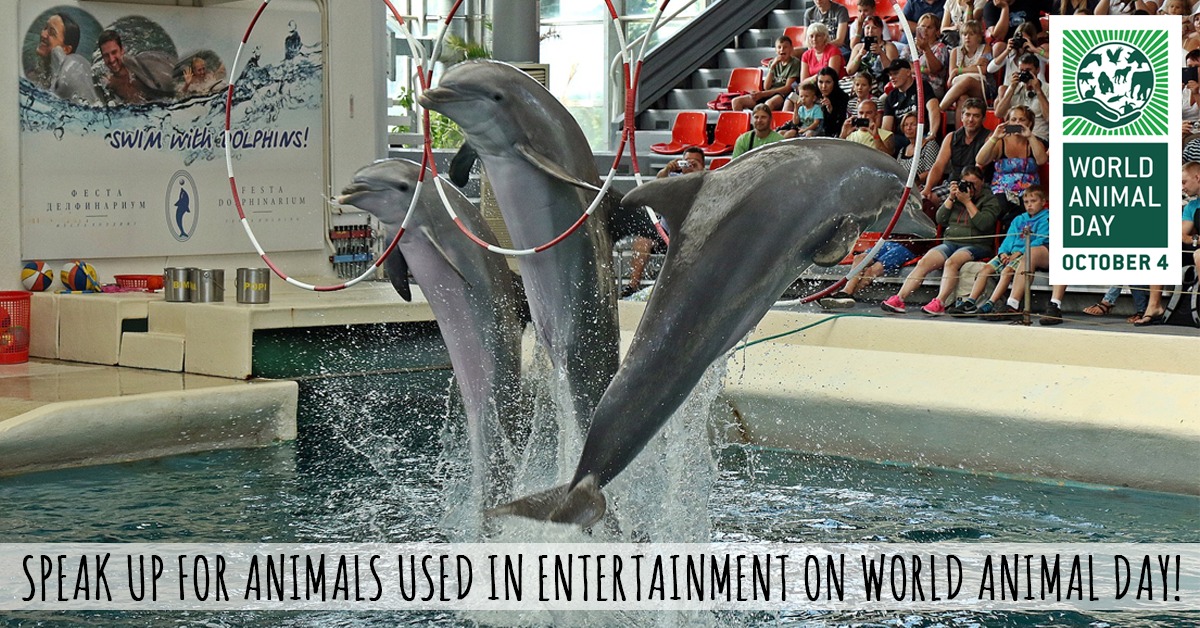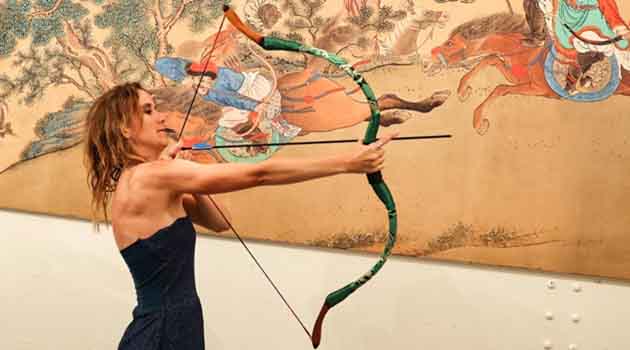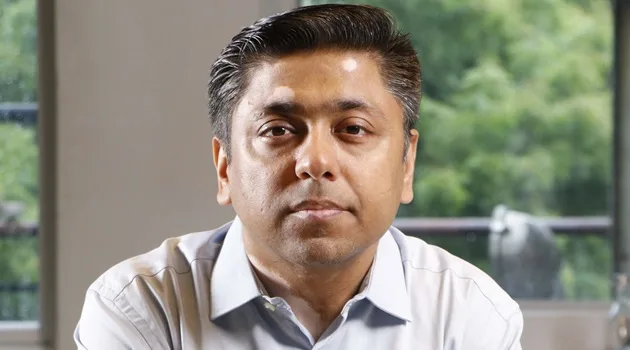Do we have the right to discuss animal cruelty in labs when even our pavements are not safe for the voiceless? And do we know that animals are sentient beings with their own rich, complex emotional and social lives!!!
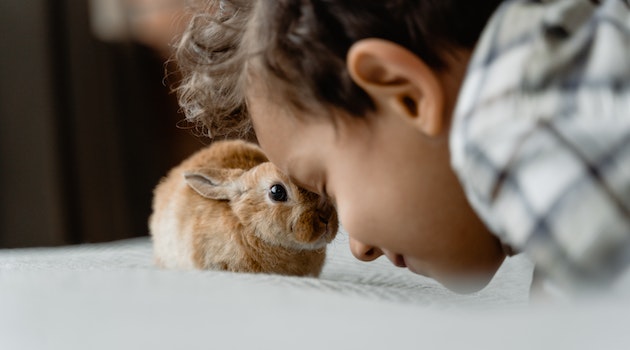
Humans have altered 70% of the Earth’s land to meet the rising demands for resources. Ecosystem has been devastated, food chain has been warped and animals have gone extinct. Environmentalists continue caveating authorities of the ramifications but unlike UV rays, their voices don’t pierce through.
On Abuse
Animal’s biomedical research and rights may be a delicate matter with huge societal implications. It is difficult to reconcile the contention over how animals should be treated in the labs or whether experiments on animals should be completely abolished. There is still a void around the possible ways to prevent the unnecessary abuse of animals for research purposes.
But how do we discuss animal cruelty in labs or on macroscopic levels when even our pavements are not safe for them?
MISSION OF WORLD ANIMAL DAY
To raise the status of animals in order to improve welfare standards around the globe. Building the celebration of World Animal Day unites the animal welfare movement, mobilising it into a global force to make the world a better place for all animals. It’s celebrated in different ways in every country, irrespective of nationality, religion, faith or political ideology.
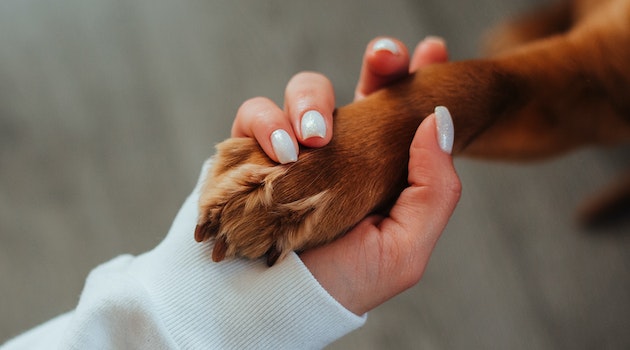
Through increased awareness and education we can create a world where animals are always recognised as sentient beings and full regard is always paid to their welfare. In order to acknowledge the importance of animals, World Animal Day is celebrated across the globe on October 4. This day is also known as World Animal Welfare Day.
Animal cruelty videos sail across social media like hot cakes. With the upcoming Diwali festivities, there perhaps would once again be an ugly exhibit of derogatory acts of sadist abusers. The joyful event is rather infamous for turning into a pitiful sight of merciless enormities against stray dogs and birds. Amidst all the hullabaloo what must also be heard loud and clear is the consequence of such actions.
In India, the Prevention of Cruelty to Animals Act (1960) entails a three-year jail term or Rs 25,000 fine or both for abusing animals. If you witness a case of animal abuse, inform the local police immediately or reach out to the Society for the Prevention of Cruelty to Animals (SPCA), which is an active national body committed to the cause.
On Veganism
There has been a global rise of vegan culture lately. With a rise of consciousness of the adverse effects of consumption of meat and its role in climate change, there are more people and more who are quitting non-veg by choice than ever before.
Recently, People for Ethical Treatment of Animals (PETA) posted a study which shows that men are more responsible than women for global warming due to their high intake of meat. They have further suggested a strike on sex with men who prefer eating meat.
This campaign may seem bizarre initially but it has the tendency to bring attention to the growing concern of the meat production and consumption in several countries where billion of animals are slaughtered with impunity to feed humans.
It is important to recognize veganism as a personal choice, like anyone’s choice of eating or not eating meat. Interestingly, the understanding of meat also varies from region to region and culture to culture. Once preference of food mustn’t become the reason to shame or celebrate. We all can be better humans after all, can’t we?
On Extinction
An estimated 8 million animal and plant species exist on earth. Sadly, their extinction rates are accelerating and its aftermath is directly affecting the food chain and the eco-system.
Recently, India welcomed eight cheetahs from Namibia to Kuno National Park, Madhya Pradesh. This marks the beginning of an ambitious project ‘Project Cheetah’ to reintroduce the cats after they became extinct in the country seven decades ago.
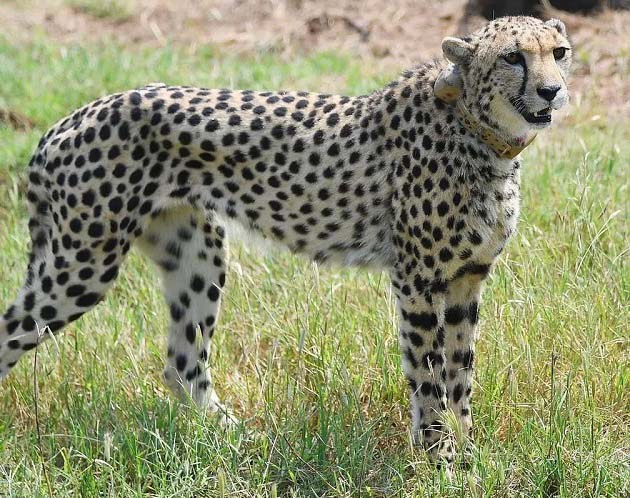
The need for introducing a project to conserve the ecosystem should not have arisen in the first place. But what cannot be reversed can only be prevented.
One can go on and on about the ethics of animal use and abuse for its ways are endless. Let’s redefine our understanding of what constitutes human-like versus animal-like.
For once, let’s get in tune with our animalistic instincts, and be gentle. Let there be a distinction between humans and Orwellian pigs.
The environmental damage cannot be overturned overnight but an acknowledgment of the Chaos Theory aka the Butterfly Effect, which professes how even the tiniest actions have gigantic consequences, might help.
